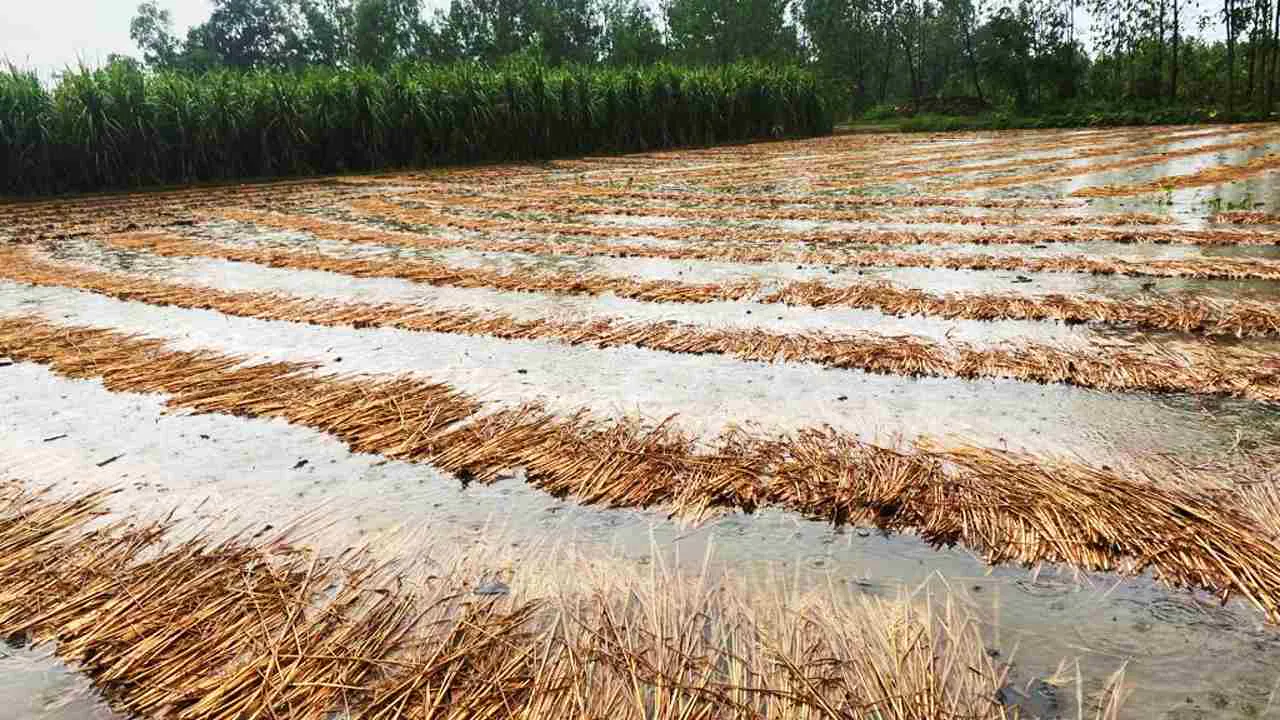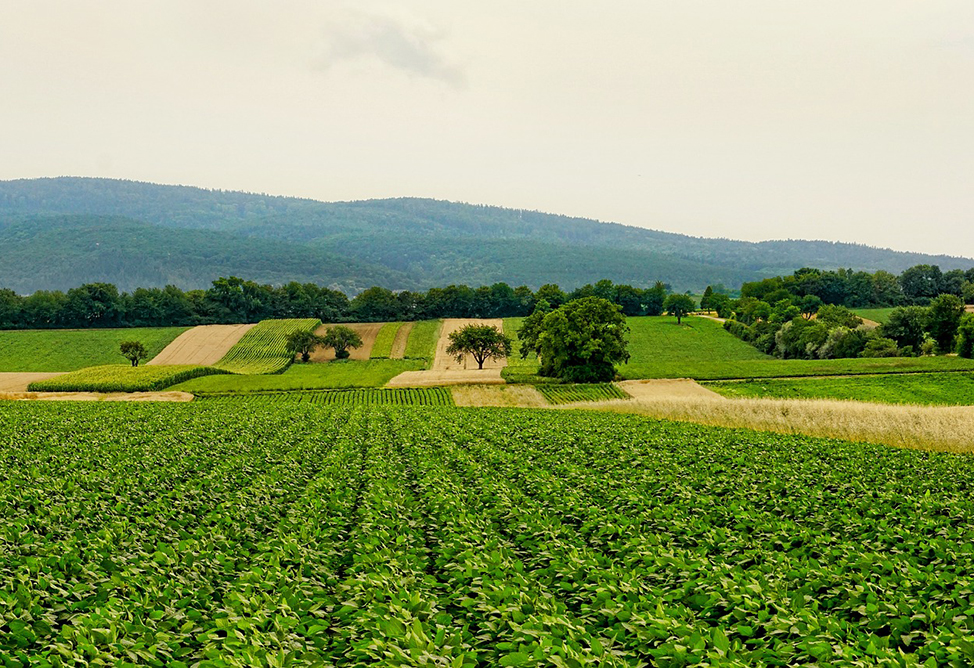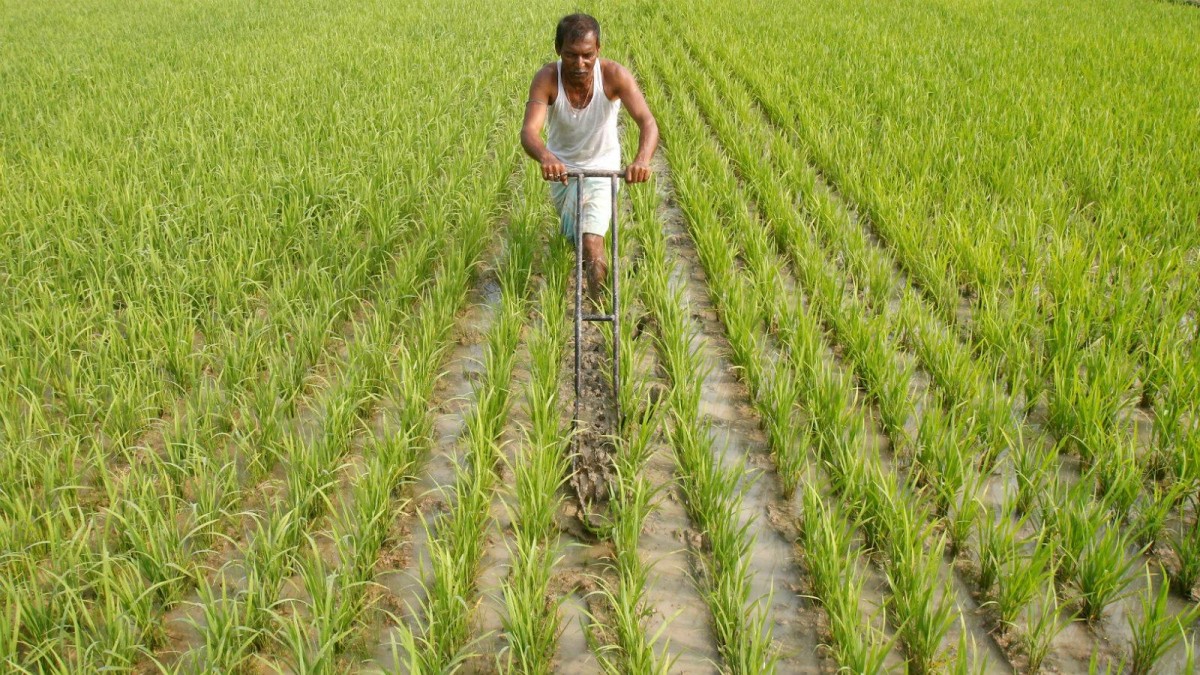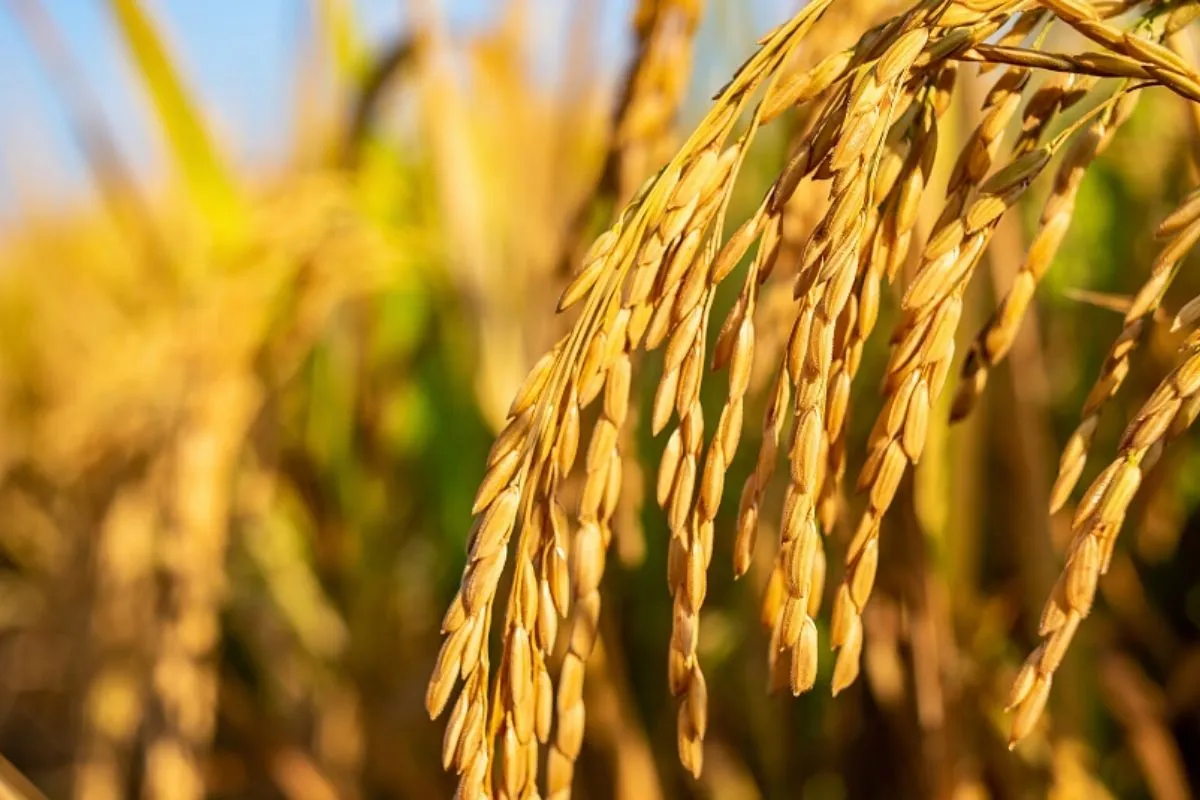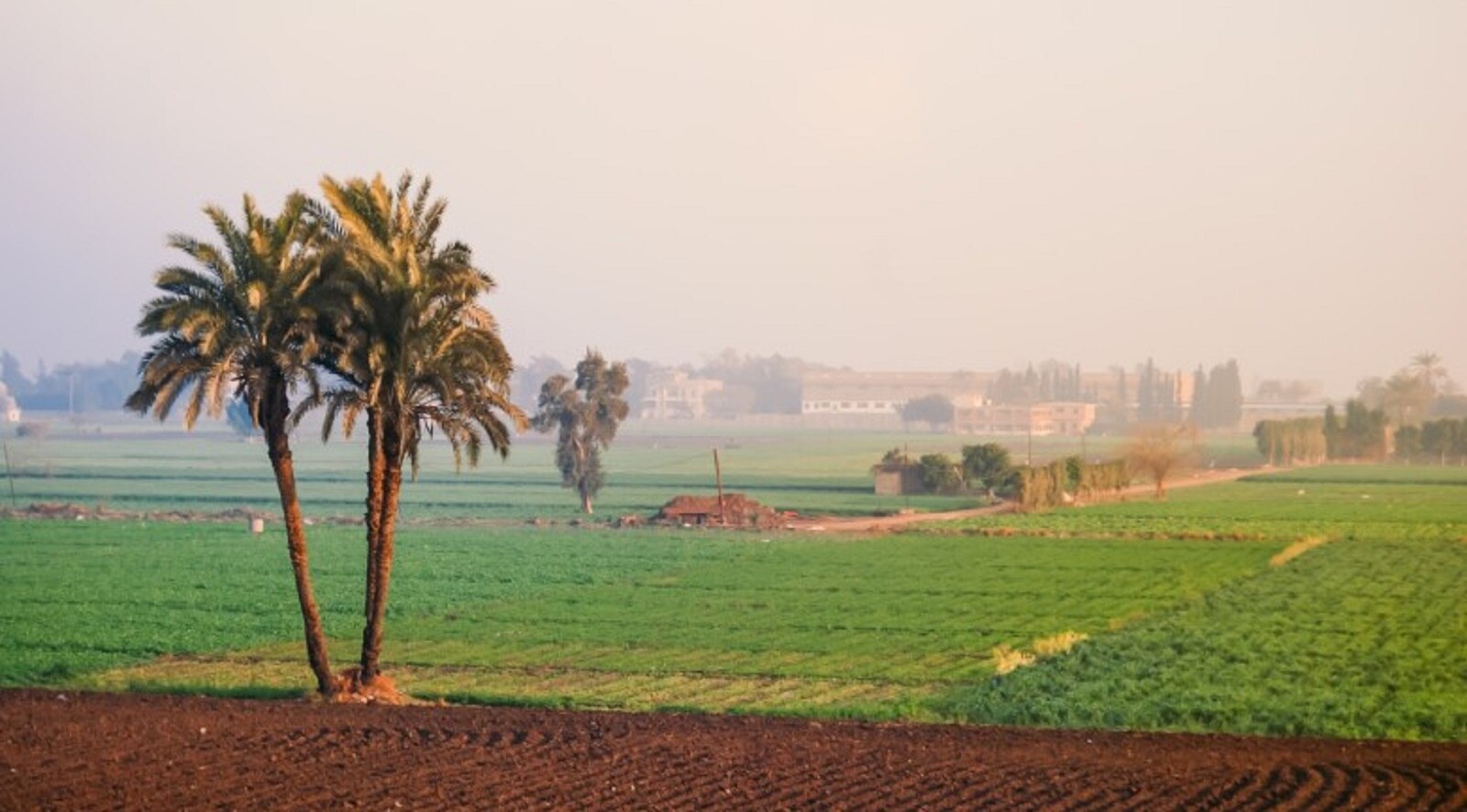Years of extreme weather have devastated U.K. wheat harvests. Over the past five years, the country has lost enough grain to bake more than 4 billion loaves of bread.
This is an example of how erratic weather linked to rising global temperatures is affecting both the farmers who grow food and the people who rely on it.
What's happening?
According to the Energy and Climate Intelligence Unit, the United Kingdom's wheat production deficit since 2020 of about 7 million metric tons is due to repeated droughts and floods. Experts say these weather swings have become more intense and unpredictable as human-caused pollution overheats the planet.
"This decade has already seen some of the worst harvests on record after extreme rainfall made it impossible for farmers to drill and manage crops," Tom Lancaster, a land, food, and farming analyst at the ECIU, told The Guardian. "And this year we've seen the opposite as crops suffered in the hottest and one of the driest springs and summers on record."
Farmers say they are at a breaking point. "Months of rainfall are followed by months of drought, seemingly without a break," said Colin Chappell, an arable farmer in Lincolnshire, "and I am now facing a second terrible harvest in succession."
Why are struggling crops concerning?
Wheat shortages drive up production costs for bakeries and food manufacturers, and these costs are passed down to consumers through higher grocery prices. With other countries also experiencing poor harvests, global wheat markets are strained, leaving fewer reliable sources of supply.
Lancaster explained that the pattern of alternating floods and droughts is reshaping food security. "Extreme weather is making our bread less British … costing British farmers billions in lost income and reducing our self-sufficiency in our main staple crop," he told The Guardian.
These unpredictable swings are linked to increasing global temperatures, which supercharge extreme weather events. When staple crops such as wheat, rice, and corn struggle, the effects ripple through the global food system — from farmers losing their livelihoods to families paying more at the grocery store.
What can we do about struggling crops?
A first step is supporting farmers as they adapt to harsher growing conditions. We can do this through improved soil management, drought-resistant seed varieties, and expanded funding for sustainable agriculture programs.
Farmers such as Chappell have also called for the reopening of green farming schemes in England, which would help them build resilience to weather extremes.
Ultimately, though, reducing the planet's heat-trapping pollution is the long-term solution.
As Lancaster noted, "Only reducing planet-warming emissions to net zero can prevent these losses … [from] escalating in the years to come." We can all pitch in by transitioning away from dirty energy sources, using less plastic, and taking local action to reduce pollution.
Source - https://www.yahoo.com


